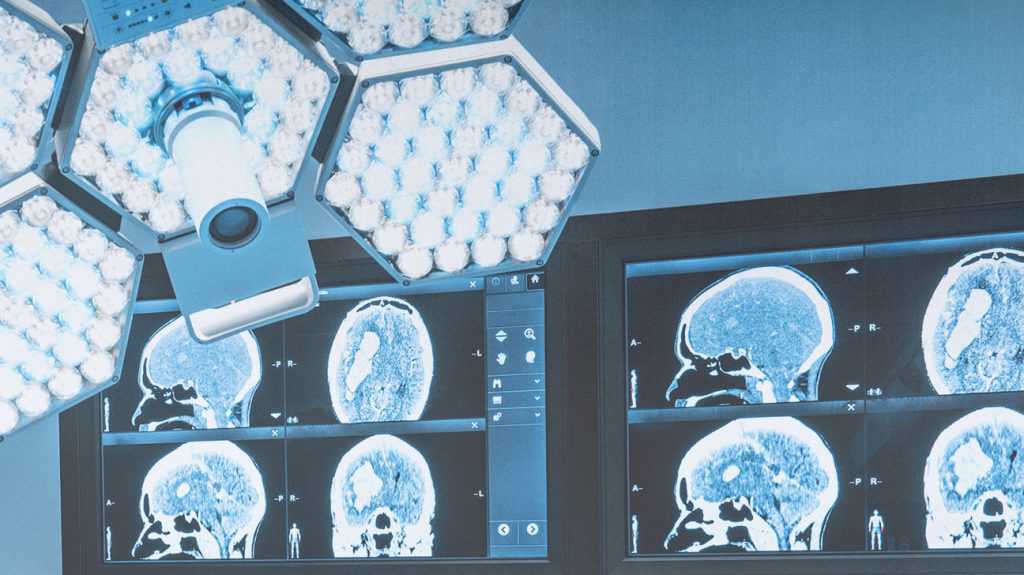Why taking breaks is going to be important for learning new skills
10 June, 2021

- Practice classes involving practice bouts interspersed with breaks improve electric motor skill learning better than continuous sessions.
- A fresh study used mind scans to research how taking breaks from a practice session can improve electric motor performance.
- The study discovered that the human brain regions involved with performing the electric motor task reactivated during rest but at an even more rapid rate.
- Such replays of brain activity patterns occurred multiple times through the inter-practice rest period, and their frequency had associations with better motor performance.
The importance of practicing when learning and perfecting latest skills, from simple everyday lifestyle to playing a musical instrument or sport, remains ingrained inside our minds from childhood.
However, intervals of rest somewhere between these activity or learning periods also play an essential role in bettering performance.
The improvements in skill performance during rest derive from memory consolidation, which means strengthening memories shaped during the practice session.
Researchers previously believed that the recollection consolidation essential for skill learning occurred during rest, over hours, or perhaps days following the practice program, especially during sleepTrusted Origin.
However, recent studies also show that better motor abilities can occurTrusted Source also throughout a single practice program involving practice periods interspersed with resting intervals. This improvement is principally due to the recollection consolidation that occursTrusted Origin during resting periods, referred to as micro-offline learning, instead of through the practice bouts.
Learning a complex skill, such as for example playing a song about the piano, entails forming memories that incorporate multiple straightforward actions, such as pressing a specific key, in a specific sequence.
Until recently, scientists didn't completely understand the device underlying the wakeful formation and consolidation of memories involved with learning complex motor skills.
Memory consolidation while asleep may occur through neural replay. Neural replay entails strengthening thoughts by activating the mind areas at rest in the same sequence necessary to perform the experience or learn a skill.
Researchers at the National Institute of Neurological Disorders and Stroke (NINDS), a part of the National Institute of Wellbeing, have displayed that neural replay occurrences occur during rest intervals between practice classes and also have associations with effectiveness improvement during skill learning.
Highlighting the importance of the analysis, the lead author Dr. Leonardo G. Cohen, notes, “Here is the first of all demonstration of wakeful neural replay of a newly discovered skill elicited by practice in individuals.”
“This study can be the first ever to show that wakeful replay predicts rapid consolidation of skill, which is accountable for early learning.”
The study’s findings come in the journal Cell Reports.
Measuring brain activity
The scientists recruited 33 right-handed participants and instructed them to repeat a novel typing skill with their left hand. This involved accurately typing the sequence “41324” on a computer screen as much times as practical over multiple 10-second practice bouts.
The practice session lasted 12 minutes, involving 36 10-second practice bouts, each separated by a 10-second break.
The scientists used magnetoencephalography (MEG), a highly sensitive brain-scanning technique, to record the participant’s human brain activity during the complete training session. They also recorded brain activity 5 minutes before and following the training session.
The scientists found that the majority of the improvement in the typing task occurred by the finish of the first 11 practice bouts. This improvement was mostly because of micro-offline gains observed through the 10-second resting intervals instead of the practice bouts.
Neural replay events
Of these resting intervals, the mind scans disclosed neural replay events in a specific brain network relating to the mediotemporal and the sensorimotor cortex.
The mediotemporal cortex includes the hippocampus and entorhinal cortex, which help encode memories of abstract information.
The sensorimotor cortex includes human brain regions involved with processing sensory information and planning and executing moves.
The authors speculate that neural replay events involving the hippocampus and sensorimotor cortex may help consolidate the memory of a complex skill, integrating memories related to abstract knowledge and the look and execution of a motor task.
“The strong involvement of hippocampal and mediotemporal activity in [the] replay of a procedural motor memory was surprising, given that this sort of memory is sometimes regarded as not requiring hippocampal contributions,” notes the study’s first author, Dr. Ethan Buch.
The reactivation of these brain regions occurred 20 times faster than their activation during some of the performance of the typing task.
Furthermore, these neural replays occurred more often during the resting intervals of the training session than in the five minutes before and after training. The frequency of these neural replay occurrences during resting intervals acquired correlations with the magnitude of improvement in process performance.
The authors conclude that the rapid and recurring neural replay events could reinforce the coordination among brain regions involved while practicing the skill, leading to consolidation of memories and improved motor performance.
Source: www.medicalnewstoday.com
TAG(s):
